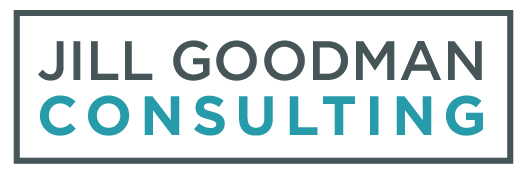That Thing That Aspiring Leaders Can’t Ignore
As an aspiring Head of School or Executive Director, what steps have you taken to understand your future role in fundraising? The usual career trajectory for leaders of independent schools includes increasing responsibility in academic or admissions departments. Rarely are aspiring leaders involved in the identification, cultivation, and stewardship of donors, or fully understand the role of the development director and the activities of the development office. And yet, depending on the goals and financial health of the organization you are chosen to lead, you could spend between 10% and 100% of your time devoted to fundraising activities on any given day.
Since the average tenure of a development director is 16 months, a new Executive Director is likely to make a hire in the development office within the first two years of headship. How will she know what qualities she is looking for, and what a good development director should be doing? Consider this scenario which is a compilation of several recent observations: A Head of School is in the third year of his first headship and is struggling with his development program. With two unsuccessful development directors in three years, he has not seen a thriving development office. Now, the alumni feel alienated, the annual fund has decreased by more than 50%, and the board of trustees has lost confidence in his ability to lead this part of the program. His school is in crisis. Without a leadership mentor contracted at the start of his tenure to guide him coupled with the unfortunate hires, he is facing a paralyzing budget deficit and the likelihood of dismissal after this year if he cannot make major strides to right his ship.
How can aspiring leaders prepare themselves for this essential piece of organizational success long before their first role as Executive Director? Start by asking questions and supporting the activities of the development office:
Meet with the development director to learn the cycle of the development department activities and benchmarks for success. How are they determined? What does the development database look like and how is it used?
Share your goals with the Executive Director and ask to attend development committee meetings. How is the Executive Director involved in fundraising and direct donor asks? How does she set goals and work with the board of trustees to manage expectations?
Actively support alumni or client activities and learn how key alumni are identified and cultivated for gifts.
Meet with board members and ask them about their role on the board and in fundraising.
What is your organization’s donor stewardship plan, and what is the Executive Director's role in it?
Identify a leadership mentor that you would like to work with before you put your hat in the ring for a leadership position, and be sure to negotiate the engagement into your new employment contract.
As an aspiring leader, your skill set may not include all that you need to sustain and expand a successful development program. Now is the time to solidify your understanding of fundraising and build your skills for your first executive leadership opportunity.
The author, Jill Goodman, is a consultant working with independent school leaders to advance their school’s mission, enhance their processes, and bolster their skills.



